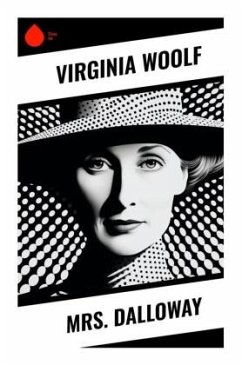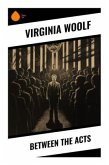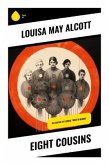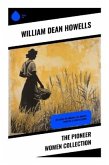Virginia Woolf's "Mrs. Dalloway" is a groundbreaking narrative that delves into the intricate tapestry of time, memory, and existential reflection within a single day in post-World War I London. Through the stream-of-consciousness technique, Woolf masterfully intertwines the internal monologues of her characters-most notably, Clarissa Dalloway and Septimus Warren Smith-offering a profound exploration of their psychological landscapes and societal roles. The novel dissects themes of identity, trauma, and the passage of time, revealing the complexities of social conventions and personal desires. With a rich, lyrical style and an innovative temporal structure, Woolf situates her work within the Modernist literary movement, pushing the boundaries of narrative form and character development. Virginia Woolf, a central figure in the Modernist movement, was profoundly influenced by her own struggles with mental health and her experiences in early 20th-century society. Born into a literary family, her intellectual environment fostered a deep understanding of the human experience, particularly that of women. Woolf's meticulous attention to character depth, societal critique, and emotional resonance in "Mrs. Dalloway" reflects her own engagements with issues of sanity, war, and the complexities of modern life. This novel is a vital read for scholars and enthusiasts of modern literature, as it not only offers a window into Woolf's innovative narrative techniques but also provokes critical reflection on the timeless issues of identity and society. Recommended for those seeking to understand the intricacies of human consciousness, "Mrs. Dalloway" is an essential exploration of life's fleeting moments and the enduring power of memory.
Bitte wählen Sie Ihr Anliegen aus.
Rechnungen
Retourenschein anfordern
Bestellstatus
Storno








